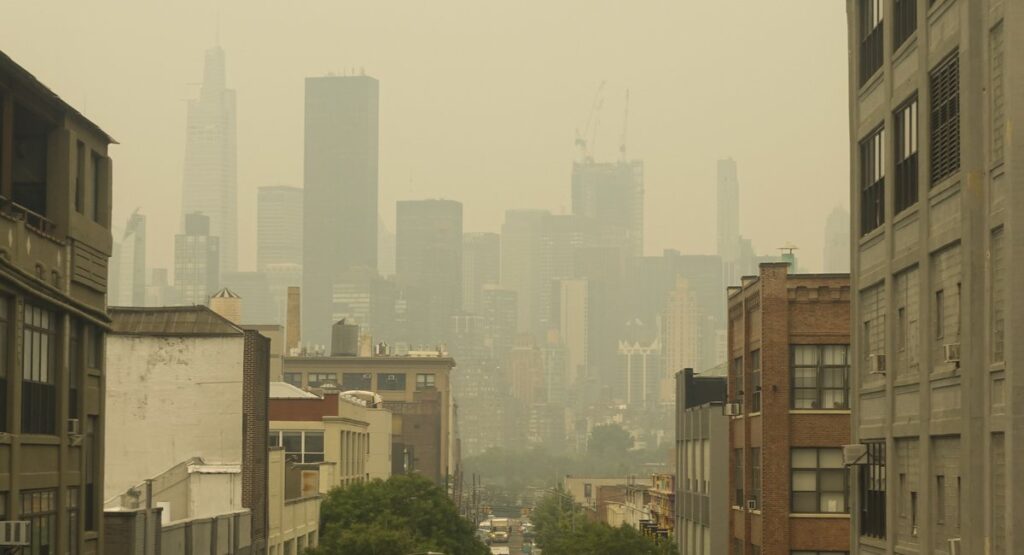After over five years of debate, two city councillors have introduced a bill aimed at strengthening compliance with New York’s Local Law 97, which mandates energy efficiency upgrades for large buildings. This law requires property owners of buildings over 25,000 square feet to reduce greenhouse gas emissions by 40% by 2030 and become carbon-neutral by 2050, accounting for a significant portion of the city’s climate pollution.
A key concern among lawmakers is the current ability for landlords to use Renewable Energy Certificates (RECs) to offset emissions instead of making actual reductions. The new bill, spearheaded by councillors Carmen de La Rosa and Lincoln Restler, seeks to limit the allowed offset from RECs to just 10%. Delarosa emphasized this change as essential for genuinely addressing the climate crisis.
However, the bill faces strong opposition from the real estate industry. Critics argue that Local Law 97 imposes heavy financial burdens on property owners, complicating compliance pathways, which could negatively impact the economy and housing supply. The estimated penalties for non-compliance are significant, with fines reaching $268 per ton of excess carbon emissions. While efficiency upgrades can be costly (up to $40,000 per apartment), proponents argue that purchasing RECs might seem like a cheaper alternative, thus creating a loophole for landlords.
Advocates believe the bill is likely to pass the city council this year, although there has been no official comment from Mayor Eric Adams regarding his stance on it.
Source link


